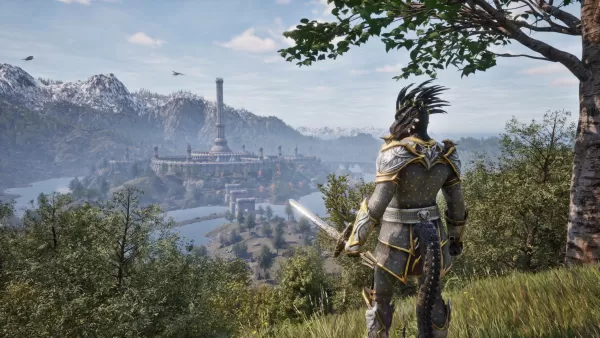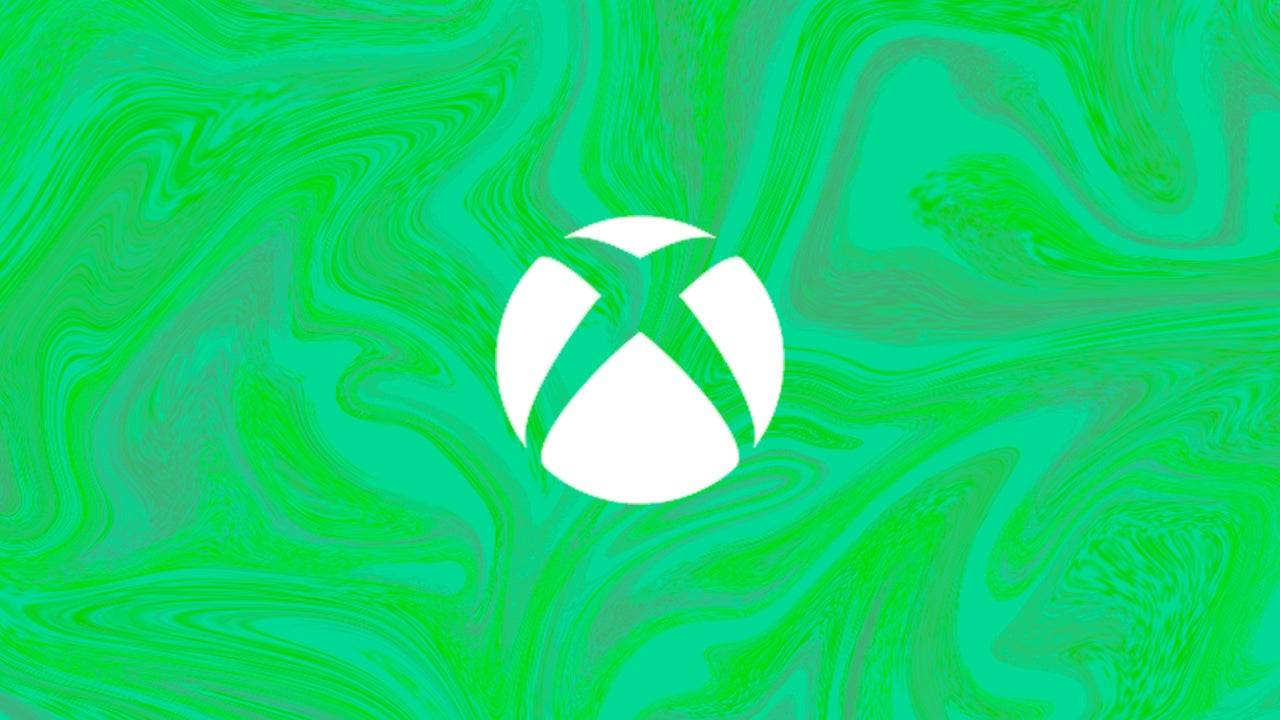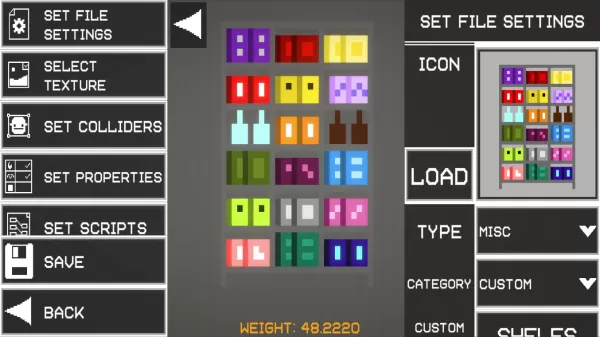By Azura, by Azura, by Azura – the rumors were true. Yesterday, Bethesda set the internet ablaze by finally unveiling Virtuos' remaster (or is it really a remake?) of The Elder Scrolls IV: Oblivion. An 'Elder Scrolls Direct' event culminated in a surprise shadow-drop, which instantly attracted hundreds of thousands of concurrent players. This moment of global excitement and celebration feels like a much-needed respite amidst the recent challenges faced by Bethesda Game Studios. From years of damage control following the rocky launch of Fallout 76 to the lukewarm reception of their new sci-fi universe, Starfield, the studio's recent releases have left many fans wondering: Has Bethesda lost its magic? With fierce competition in the RPG space from titles like Larian Studios' Baldur's Gate 3 and Obsidian's The Outer Worlds, both of which have been hailed as spiritual successors to Elder Scrolls and Fallout, the future of Bethesda's flagship series seems distant. Yet, this re-release of Oblivion might be a step in the right direction – albeit not the one you might expect.
At its peak, Bethesda Game Studios was a powerhouse in the RPG genre. In 2020, leaked Microsoft FTC documents revealed that Fallout 4 had sold 25 million units to date, with over 5 million units sold in its first week alone, according to VGChartz. In 2023, Todd Howard announced that Skyrim had surpassed 60 million sales, though multiple re-releases certainly contributed to this figure. In contrast, Starfield's sales estimates stand at just over three million units a year and a half after its launch. While Game Pass subscribers and the absence of a PlayStation version may affect these numbers, it's still a disappointing figure for Bethesda. Even Starfield's dedicated fanbase has expressed dissatisfaction with its first expansion, Shattered Space.
This situation presents a significant challenge for the developer. With The Elder Scrolls 6 and Fallout 5 still years away, how can Bethesda rekindle the enchantment with their fanbase? The answer may lie in revisiting their past.
Rumors of the Elder Scrolls IV: Oblivion remaster surfaced in September 2023, when leaked Microsoft documents hinted at several unannounced Bethesda titles, including a remaster of the 2006 classic. The buzz continued until January 2025, when a former Virtuos employee leaked more details, sparking debates among Elder Scrolls fans about their authenticity. Finally, last week, the floodgates opened (albeit prematurely), igniting the internet – there were over 6.4 million Google searches for 'The Elder Scrolls IV: Oblivion', a 713% increase in the last week alone. At its peak, Bethesda's reveal livestream attracted over half a million viewers. Despite the leaks (or perhaps because of them), over 600,000 people tuned in to see a 19-year-old game re-revealed. The intense demand to play the remaster caused discount game key websites like CDKeys to crash, and slowed down Fanatical and Green Man Gaming. As of yesterday, Steam reported 125,000 concurrent players, with the game firmly holding the #1 best-seller spot. The enthusiasm Bethesda fans have for Oblivion burns as brightly as the flames that spill from the Oblivion gates themselves.
The message from players is clear: if you (re)build it, they will come. What better way to keep fans engaged and invested during these long development periods than to invite them to revisit the mysterious isles of Morrowind or the post-apocalyptic landscapes of the East Coast? From a commercial perspective, this strategy makes perfect sense. While Bethesda's main development team works on new projects, trusted partners like Virtuos can use existing blueprints to create remasters in shorter time frames. These remasters tap into games with established audiences and often serve as the first RPGs for many gamers in their respective generations. By restoring these classics, Bethesda not only re-engages its existing fanbase but also introduces a new generation to the rich worlds of Tamriel and the Fallout universe.
Bethesda has already demonstrated the effectiveness of this approach. During the first season of the Fallout TV show on Prime Video, Fallout 4 was discounted by up to 75%, accompanied by a timely next-gen update that included homages to the show. As a result, Fallout 4 sales surged by over 7,500% in Europe alone, despite being nearly a decade old.
 Oblivion Remastered offers a visit to the past that looks like the future. Image credit: Bethesda / Virtuos
Oblivion Remastered offers a visit to the past that looks like the future. Image credit: Bethesda / Virtuos
Looking back at Microsoft's leaked Bethesda roadmap, many noted that a Fallout 3 remaster was slated to follow Oblivion two years later. Although the original timelines have shifted – Oblivion was initially planned for fiscal year 2022 – if the original gaps remain, a Fallout 3 remake could be expected in 2026, coinciding with the second season of the Fallout TV show. Given the show's shift to New Vegas, could Bethesda be planning a surprise New Vegas remake? The synchronicity between the first season of the show and Fallout 4's vibe and aesthetic suggests that Bethesda might be preparing something special for the New Vegas-centric second season. After shadow-dropping Oblivion, it's not out of the realm of possibility that a New Vegas Remastered trailer awaits us at the end of Fallout Season 2's finale.
The message from players is clear: if you (re)build it, they will come. However, if there's one game in Bethesda's back catalog that truly deserves a remake, it's The Elder Scrolls III: Morrowind. Many Elder Scrolls fans have been clamoring for this, with some even remaking Morrowind using Skyrim's tools, as seen in projects like Skyblivion. Yet, Morrowind poses unique challenges for a remake. It stands at the crossroads of Bethesda's evolution as a studio – its structure differs significantly from modern Elder Scrolls games. It's only partially voiced, with most of the story conveyed through text, no quest markers (players must manually note directions from NPCs), and combat physics are absent. While Virtuos managed to overhaul some of Oblivion's more cumbersome systems, Morrowind's entire framework is a complex system. This is why fans both love and find it challenging to remake. Remaking Morrowind is a delicate balance: modernize it too much, and you risk losing its original charm; retain too many outdated elements, and it might feel like a frustrating experience.
When a studio becomes synonymous with a gaming sub-genre, the challenge is to innovate and evolve while retaining its audience. Rockstar Games has kept Grand Theft Auto players engaged for over a decade through the ever-expanding world of GTA Online, which in turn supports the rumored hefty budget for GTA 6. Bethesda's strength lies in its richly detailed, expansive single-player worlds – Elder Scrolls Online and Fallout 76 don't quite capture the same essence. However, the overwhelming response to Virtuos' Oblivion remaster shows that gamers are eager to dive back into the historic worlds of Elder Scrolls. Not every remaster is guaranteed success – as seen with Rockstar's GTA Definitive Editions – but for Bethesda, breathing new life into old classics could be the key to reclaiming its throne in the modern RPG landscape.

 Oblivion Remastered offers a visit to the past that looks like the future. Image credit: Bethesda / Virtuos
Oblivion Remastered offers a visit to the past that looks like the future. Image credit: Bethesda / Virtuos LATEST ARTICLES
LATEST ARTICLES 












